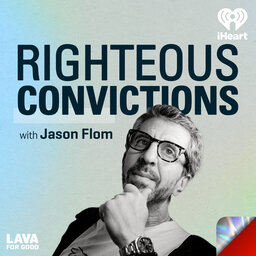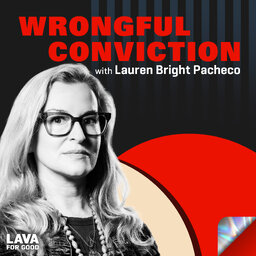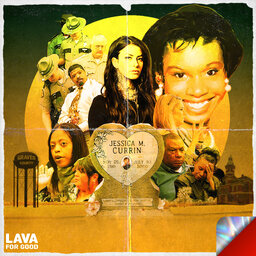Alexander McLean on providing greater access to justice and the rule of law throughout Africa and beyond
Alexander McLean joins Jason to talk about his work with Justice Defenders. Justice Defenders is a non-profit that works to provide prisoners and prison officers with legal education, training, and even law degrees to help facilitate legal processes.
To learn more and get involve, visit:
https://www.justice-defenders.org/
https://lavaforgood.com/righteous-convictions
Righteous Convictions with Jason Flom is a production of Lava for Good Podcasts in association with Signal Co No1.
 Righteous Convictions with Jason Flom
Righteous Convictions with Jason Flom


